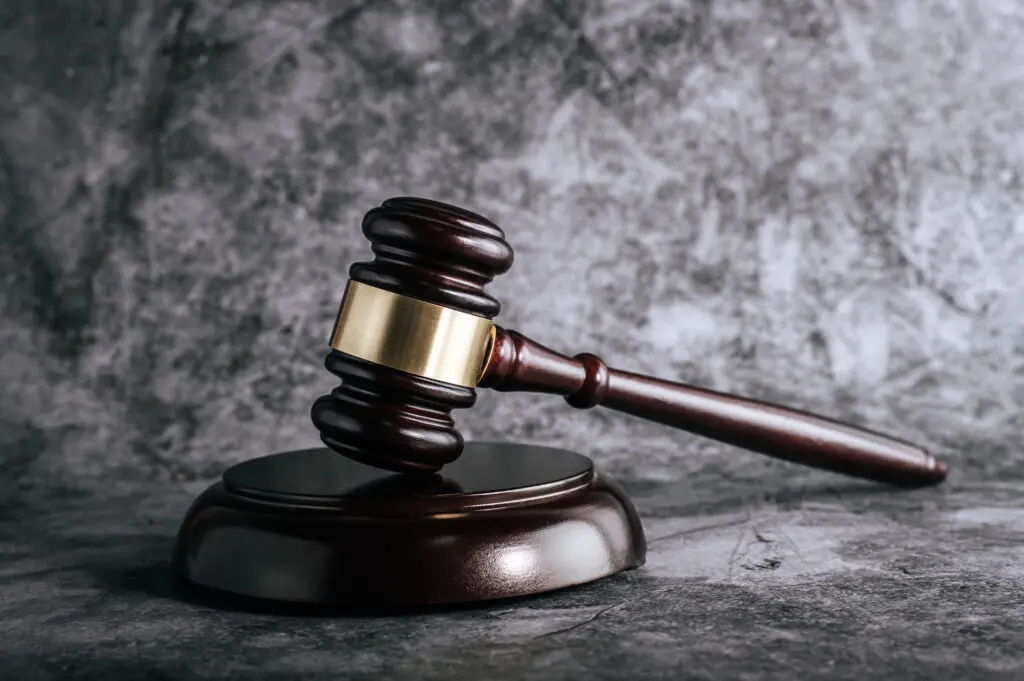
Enforcing collection policies is a necessary step for municipalities in Pennsylvania to recover unpaid bills and ensure the financial stability of essential services. Here’s how municipalities can effectively enforce collection policies:
Final Notices
Sending final notices serves as a last warning to residents with overdue balances, informing them of the consequences of continued non-payment. Final notices typically include a deadline by which the resident must settle their outstanding balance to avoid further action, such as additional penalties or legal proceedings.
Penalties and Interest
Some municipalities may choose to partner with collection agencies specializing in municipal debt collection. These agencies have expertise in navigating the legal landscape. Furthermore, they can often recover delinquent funds more effectively than internal efforts.
Payment Reminders
Sending regular payment reminders to residents with overdue balances helps keep their obligations top of mind and encourages timely payment. Reminders may be sent via mail, email, or phone, depending on residents’ contact preferences. Clear communication about the consequences of non-payment, such as additional penalties or legal action, reinforces the urgency of settling overdue bills.
Payment Plans And Enforcing Collection Policies
Offering residents facing financial difficulties the option to enroll in payment plans can help prevent further delinquency and facilitate repayment of outstanding balances over time. Payment plans provide residents with a structured approach to settling their debts while ensuring that the municipality receives the funds owed. Clear communication of payment plan options and terms encourages residents to take proactive steps to address their financial obligations.
Legal Action
If other collection efforts are unsuccessful, municipalities may need to pursue legal action through the courts to collect unpaid bills. This may involve filing a lawsuit against the delinquent resident to obtain a judgment for the outstanding balance. Once a judgment is obtained, municipalities can pursue various legal remedies to enforce collection, such as wage garnishment, property liens, or asset seizure.
Debt Collection Agencies And Enforcing Collection
In some cases, municipalities may engage third-party debt collection agencies to assist with recovering unpaid bills. Debt collection agencies specialize in pursuing delinquent debts and can employ various tactics, such as phone calls, letters, and credit reporting, to encourage payment. Partnering with reputable debt collection agencies can expedite the collection process and reduce the burden on municipal staff.
Compliance with Legal Requirements
Throughout the collection process, municipalities must adhere to applicable laws and regulations governing debt collection practices. This includes complying with the Fair Debt Collection Practices Act (FDCPA) and other consumer protection laws to ensure fair and ethical treatment of residents. Municipalities should also be mindful of any local ordinances or regulations governing collection efforts and ensure compliance at all times.
By enforcing collection policies effectively and ethically, municipalities in Pennsylvania can recover unpaid bills, maintain financial stability, and preserve the integrity of essential services for residents. Regular monitoring of collection efforts and adjustments to strategies based on performance metrics can help municipalities optimize their collection processes and improve overall revenue recovery rates.
Read More: PAMS
